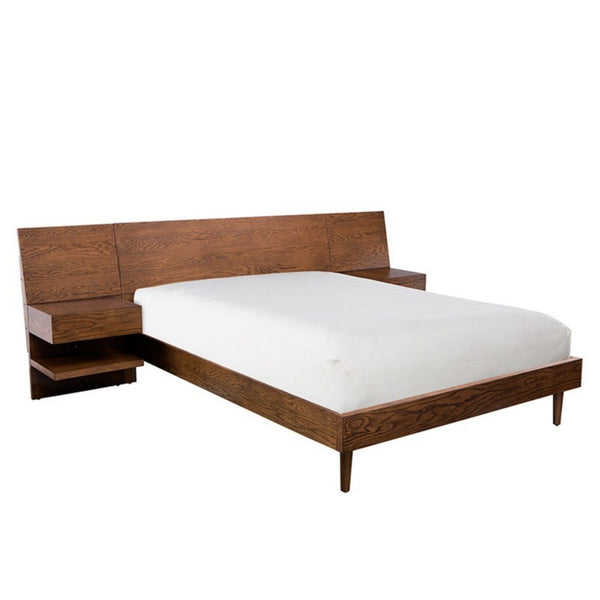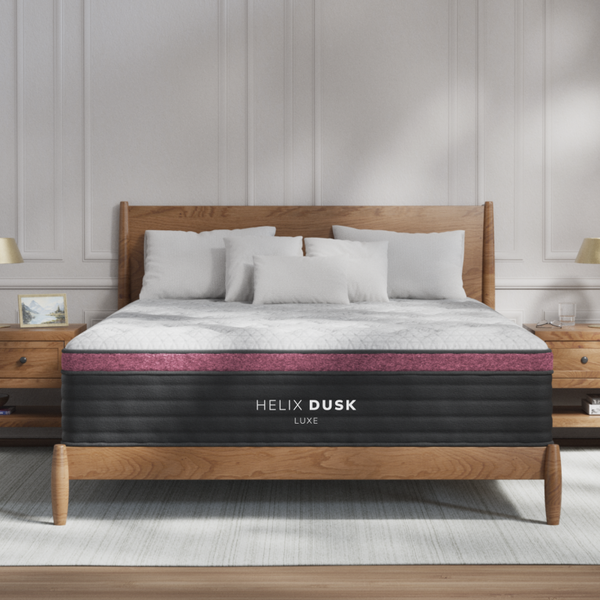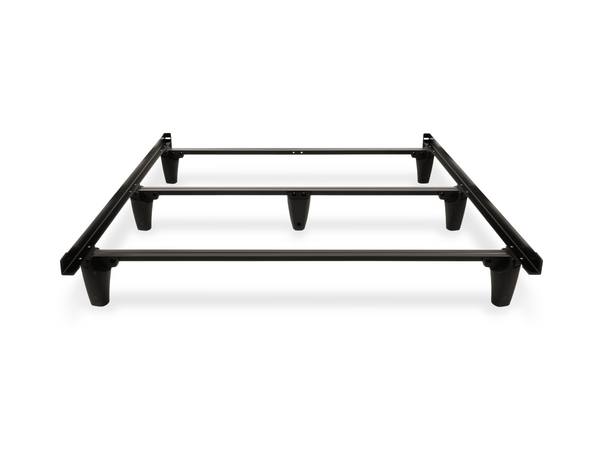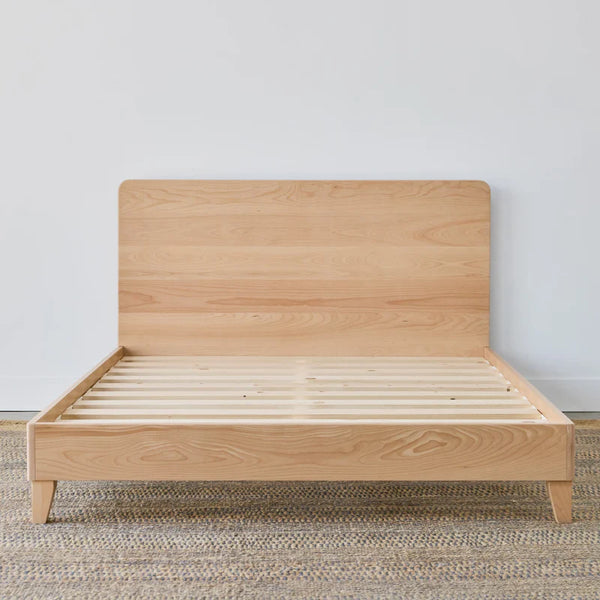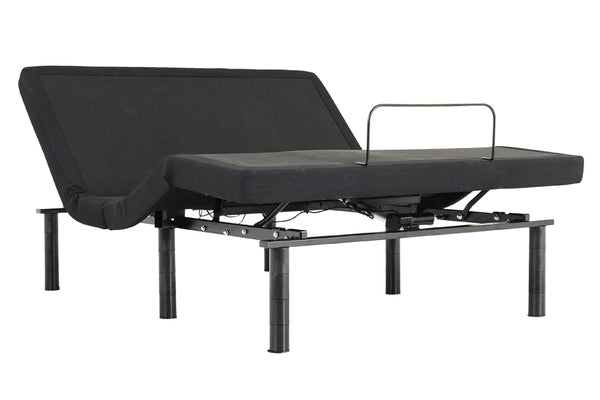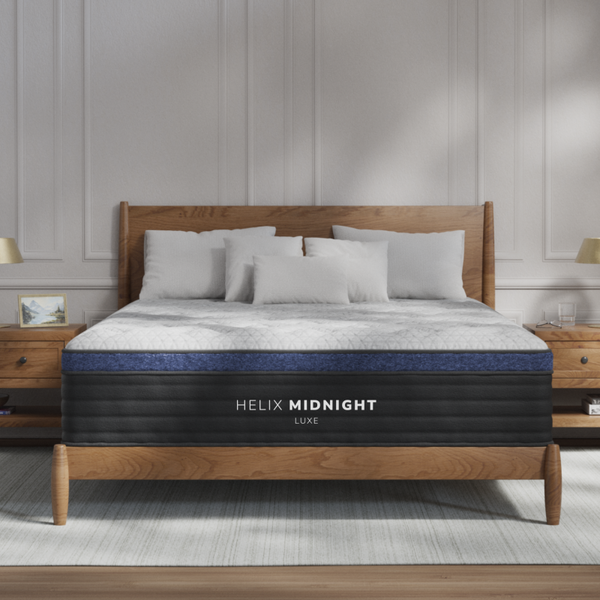People with sleep apnea often struggle to find an ideal sleeping position. While multiple pillows might help elevate their head, adjustable bases offer another solution without stacking on extra cushions.
Medical experts suggest elevating one’s head while sleeping to prevent their tongue from dropping into their throat and blocking airways.
Elevating Your Head
Snoring problems may be a telltale sign of sleep apnea and elevating your head with an adjustable base may provide relief. Snoring and sleep apnea occur due to airways becoming blocked during breathing, making it more comfortable and easier to breathe throughout the night when sleeping with your head raised.
Certain individuals have an anatomical structure that predisposes them to snoring more easily than others, often due to soft tissues vibrating when breathing which restricts airway space and causes obstruction. By raising your head on an adjustable base you can eliminate this problem and achieve better restful sleep.
Many adjustable bases also include an option to elevate your feet, making them a useful solution if you experience swollen ankles or knees. Raising them up can relieve both pressure and pain associated with these conditions; some bases even feature zero-gravity settings designed specifically for space travel that have proven health benefits like relieving joint pressure, relieving back pain, and improving circulation.
While adjustable beds offer many advantages, some individuals may still experience back discomfort while sleeping on them. In these instances, elevating legs with pillows under knees may help relieve pressure off lower back and neck areas.
Relieving Pressure Points
Sleep apnea sufferers can benefit from using an adjustable base to open up their airways and improve quality sleep by opening up airway obstructions and improving oxygen delivery to their brain during restorative REM cycles. Poor quality restful slumber results in daytime fatigue and diminishes overall energy levels, leaving one exhausted upon awakening.
Sleep experts suggest making some simple lifestyle adjustments that can reduce snoring and improve the quality of your restful nights. Sleep on your side instead of on your back will prevent tongue from falling back into throat and blocking breathing; elevating head can also help prevent vibration from the airway and thus snoring.
If you suffer from acid reflux, raising your head position can be helpful in aiding digestion by relieving pressure from stomach lining and using gravity’s natural power to assist food moving through digestive tract. This will alleviate pain associated with acid reflux while providing a restful night’s rest.
Adjustable bases can also help elevate your feet, which is perfect for those suffering from swelling or water retention. By increasing blood flow to these areas, they will relieve pain and numbness that you may be feeling in your legs and feet. Furthermore, many adjustable bases feature massage settings designed to ease sore muscles after an exhausting day at work.
Relieving Swollen Legs or Feet
Elevating your legs while sleeping is one of the best ways to combat foot and ankle swelling. Gravity helps drain fluid away from the lower half of your body, helping prevent complications like deep vein thrombosis. Furthermore, elevating them alleviates any uncomfortable and unattractive appearance caused by swollen feet and legs.
Sciatic nerve pain sufferers may find this position especially helpful. Lying down increases pressure on your back, leading to sciatic nerve symptoms in your legs and feet. Elevated positioning reduces this pressure and promotes better restful nights’ sleep.
Another advantage of taking up this position is its ability to reduce acid reflux. By keeping stomach acid from rising up your throat and making breathing difficult, this position helps stop stomach acid from infiltrating it and leading to soreness or inhibiting it altogether.
Elevating your head while sleeping can also reduce snoring by keeping the tongue and jaw from resting against the soft palate, which causes it to vibrate during sleep and cause snoring. Furthermore, this opens your airways, helping you breathe easier for better restful slumber.
Relieving Pain
Many people who regularly snore experience difficulties with both their sleep and health, often including louder than light snoring being linked with serious health conditions like high blood pressure and type 2 diabetes. Doctors may suggest sleeping with your head elevated as one way of helping reduce snoring and prevent sleep apnea – an adjustable base can make this easier than ever!
Elevating your head on an adjustable bed frame helps open your airways and facilitate breathing, alleviating snoring caused by blockages in your throat or nasal passages. Some models even feature an anti-snoring setting designed to keep airways clear during sleep.
An adjustable base can also provide relief to those suffering from acid reflux. Lying down flat can cause discomfort; but by raising your upper body while sleeping and relieving pressure from knees and ankles, an adjustable base can significantly lessen symptoms of acid reflux.
An adjustable base can offer much-needed relief for minor aches and pains, with some models offering massage features to alleviate muscle tension in your back or neck. In addition to relieving pressure points on your body, an adjustable base makes using corrective medical devices prescribed to address sleep apnea/snoring much simpler – check out our wide selection of adjustable beds to find one suitable for you, or speak to your physician about how such an investment could improve both sleep quality and overall health.


